Why “Elect The Jury” is a great idea, but doesn’t go far enough. Yet.
Ben Malbon
06/11/2009
We’re full of respect for the way co-Chairs of the ANDYs, Michael Lebowitz and Ty Montague are shaking things up with their “Elect The Jury” platform for the election of 2010 ANDYs judges. Involving the industry in collaboratively determining who should judge what is ‘great work’ is a more democratic and more interesting way to put together a broad-ranging panel of top notch creative people. It’s also an opportunity for the industry to create a jury that doesn’t just judge and reward the past, but in some way tries to sketch out a vision of where this thing we loosely call ‘creativity’ is going.
I’ve caught up with both Ty and Michael over the last few days to ask them how it’s going, what they’re learning, and what’s next (though what follows is my view, not theirs, necessarily).
The first thing to note, and to celebrate, is that as an experiment, it’s clearly already been a success.
They’ve pissed some people off; always a sign that you’re doing something right.
They’ve curated a brilliant list of some truly phenomenal people across an extensive spread of creative industries, art and culture; this seems pioneering.
They’ve provided a platform for debate about the role of technology in creativity, the role (or not) of big ideas, and the role and value (or not) of awards shows; about time that happened.
But we also need to look at what’s happened as a result . . . where we’ve ended up, with less than 10 days to go.
We’ve ended up with a fairly conventional - dare I say it, expected - list of the top 25 jurors. It is a list that glitters with talent, experience and in many cases, legends. It has some unconventional entries, which is great (Shepard Fairey, Marc Jacobs). It has some super worthy judges who might not normally find their way on to the shortlist (Vivian Rosenthal of Tronic). But the remainder of the shortlist seems to be the ECDs from the top large agencies, mostly in the the US.
Below ‘the cut’ (at least currently - voting doesn’t end for a few days yet) are some phenomenal people who both define and in many ways embody an emerging sense of what creativity is, or perhaps even more, might become. I’ll list a few of my personal heroes here. These are people who excite me when they talk about ideas. These are people I’d collectively describe as hacking creativity, media, interactive art, or culture. They are at the forefront of trying to mutate formats, channels or content into new forms. They are not all in creative departments, but they are in some way creative people.
Kevin Slavin of area / code; John Winsor, latterly of CPB, now of Victors & Spoils; Faris Yakob of McCann NY; Noah Brier of Barbarian; Benjamin Palmer of Barbarian; Mike Monello of Campfire; Yugo Nakamura of Yugop; Clay Shirky, author of “Here Comes Everybody”; Hashem Bajwa of Droga.
Let’s be blunt about something. They are possibly not the people to go to for craft skills in art direction, film or typography (to name but three); craft skills that are still critically important in so many ways to creating magically good content. But they are the kinds of people who might create new crafts altogether. And that’s why they’re interesting &, I’d argue, relevant.
I believe that alongside the Legends of Creativity who already populate the ANDYs shortlist (many of whom are also clearly completely at home blending technology with creativity), we need more people like this judging and guiding creativity.
So here’s my suggestion.
Let’s try and persuade Michael and Ty to take the great list of creative talent they’ve carefully curated and stage a *Second Round* of their experiment. Before they have to finally appoint the jury.
Let’s try and persuade them to create empty categories. To take the entire 150+ curated list and ask the people in the industry to help allocate judges to categories. Once judges are in categories, then people can vote up their favorites so that we end up with a crowdsourced final list who go on to to be jury members.
And this time people can only vote once for their top 5. Just like real politics.
We might end up with a broader definition of creativity, and some helpful pointers to the future.
What do you think?

